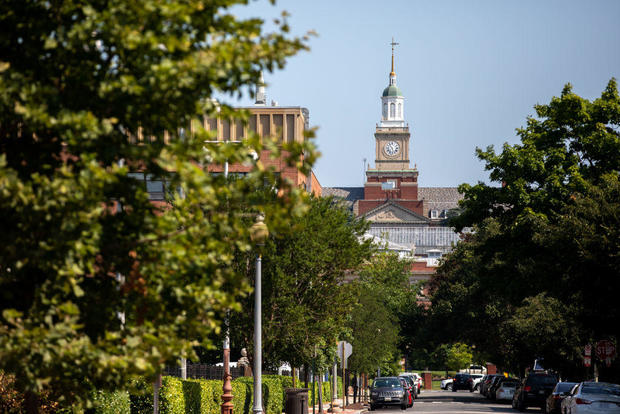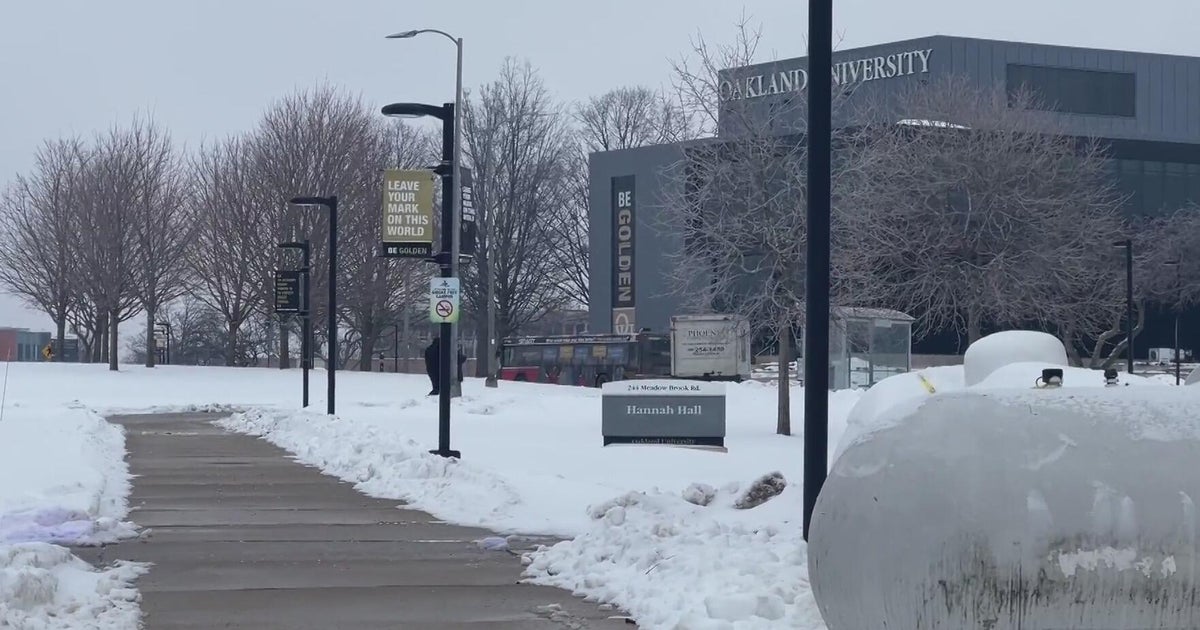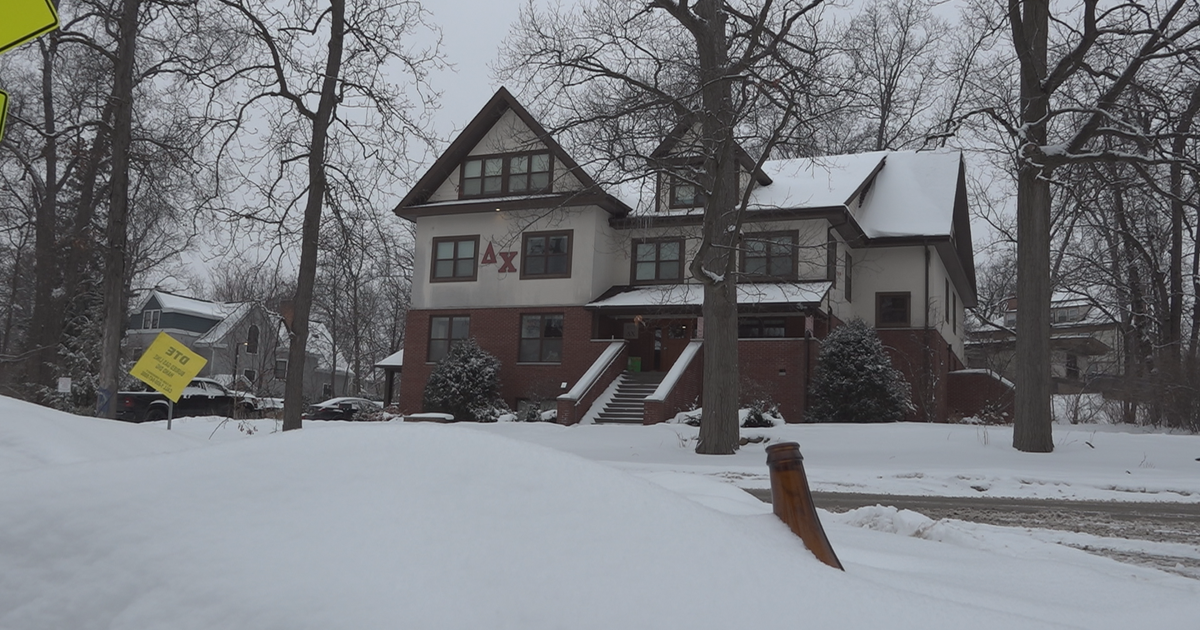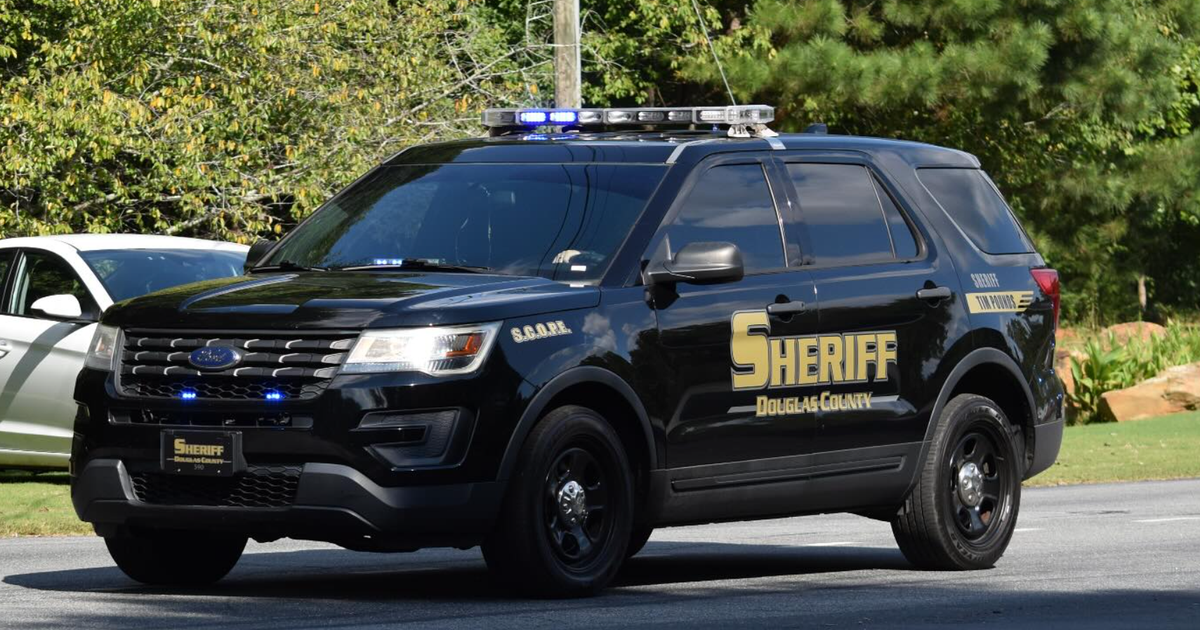Howard University students continue protests, claiming dorms have roach, mice and mold issues
For a second week, students at Howard University are protesting what they call "unlivable" housing conditions, claiming mold, roaches and mice are common inside the dorms on campus. They are pitching sleeping bags and blankets inside the university's social hub, the Armour J. Blackburn University Center, and claiming the university has ignored the issues and failed to take action.
Howard senior Jaelan Trapp said he spent a night outside of the student center and helped pass out food to protesters. Trapp claimed university dorms are often filled with mold and mice, and said some upperclassmen students had trouble getting placed in dorms at all.
Trapp currently lives off-campus, but said he remembered having issues with housing as a freshman. He said he paid for a single dorm but was placed in a double because of shortages.
"A lot of the dorms have their own issues between mold in the dorm and being different infestations of whatever different creatures like rats and roaches in the dorms. Sometimes the dorms don't have heating, sometimes the pipes are bursting," he told CBS News. "On top of that, sometimes the students aren't able to get housing because there's a limited amount of housing, so a lot of students that wish they could be on campus can't be on campus."
Trapp said he's proud to be a student at Howard and that organizing "is just a testament to how powerful, how unique, Howard is as a community — but the administration is a completely different story."
The university has blamed the alleged housing shortage on an increase in students. This year, Howard has 2,300 first year students, 466 more than the 1,834 that joined in 2019. The school guarantees on-campus housing for first and second year students, which determines how many rooms are offered to juniors and seniors.
The board of trustees said in an October 16 statement that the 94% of first- and second-year students are currently living in university residences. The board said it has already taken steps to address the problem by securing additional housing for 700 students, but acknowledged that "despite our efforts, there are those in our community who have struggled to find housing opportunities."
The statement did not discuss the allegations of mold and mice. But according to CBS affiliate WUSA9, Vice President of Student Affairs Cynthia Evers told students in mid-October that "There have been rooms in select residence halls that were affected by mold growth."
"The University's response held the third-party vendor fully accountable, and they are conducting mold remediation and HVAC duct cleaning in the impacted rooms, and throughout the building as part of third quarter preventive maintenance," Evers told the students in a letter, according to WUSA9. "This mold issue is not widespread."
The university did not respond to CBS News' request for additional comment.
Organizers of the protest are demanding that officials set up an in-person town hall with Howard President Wayne A. I. Frederick before the end of October, release an updated housing plan to accommodate current and future classes before 2022 and appoint current and former students to the board of trustees.
The protests continued this week as the school hosts its most popular event for alumni and students, Homecoming. The famed week-long celebration typically highlights Howard's culture, community and famed alumni, but organizers have said the school holding the event during the sit in is an attempt to sweep the protest under the rug. Organizers have encouraged students and alumni to boycott Homecoming in an attempt to bring more awareness to their cause.
The protesters are also focused on student representation. In 2018, Howard students staged a nine-day sit-in to protest alleged financial mismanagement and demand that students be appointed to the university's board of trustees. A position was granted but the school later said it would be phased out.
"Students have been facing a lot of issues on campus, everything from housing to tuition increases to safety issues on campus, and we feel as though the administration is not listening to us," Erica England, a senior, told WUSA9.
Last week, NAACP President and CEO Derrick Johnson praised the students for their "courageous act of protest" and called for the administration to meet the students' demands.
"At no point is it acceptable for a student to face housing insecurities while attending school," Johnson said in a statement. "Their demands must be met with swift attention and due diligence from the administration immediately."




